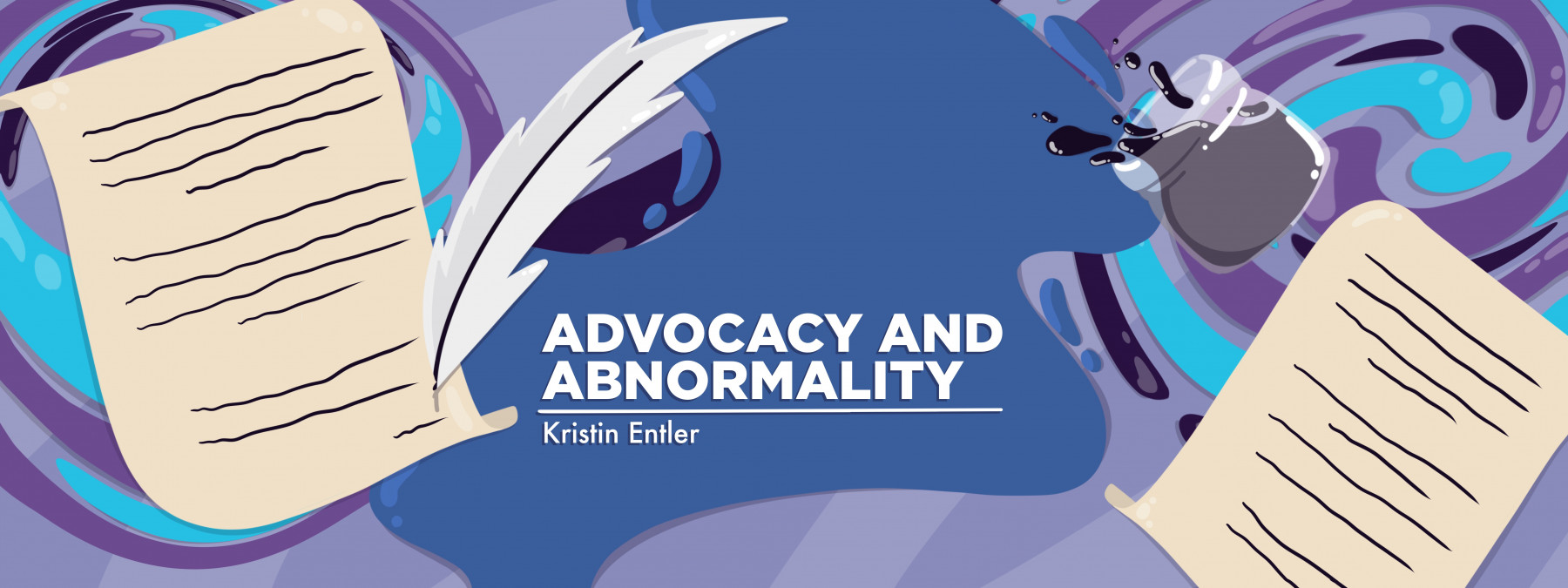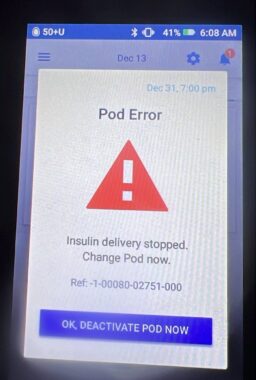Some days, my chronic illness wins
A morning in my life with cystic fibrosis-related diabetes
Written by |

The other morning, I was startled awake by the sound of my insulin pump screaming for me to change a part of my infusion set. That happens regularly with my Omnipod system, which I use to provide insulin for my cystic fibrosis-related diabetes.
Omnipod sets off an alarm when the infusion set needs to be changed, which happens every three days. When it decides those three days are up, it screams at the top of its metaphorical lungs until I deactivate the current pod, which holds the insulin, and change it for a new one. A friend’s wife once jokingly referred to the sound as “a built-in, personal fire alarm.”
She wasn’t totally wrong. Anyone who’s been in a hospital is likely familiar with the high-pitched alerts of medical equipment. IV machines are the most common culprit behind the noise, emitting a sound loud enough to get the attention of nurses down the hall. It’s effective because of its obnoxious unignorable-ness. In many cases, it saves people’s lives.
But when I’m awakened by the screeching in a dark room in the middle of the night, I do not feel thankful for the alert. My body tenses at the sound, and I instantly recognize the symptoms of a post-traumatic stress disorder (PTSD) flashback.
The struggle
I’m groggy as I reach for the buttons that will tell the pod to shut up. My heart pumps against my chest. Hands shake. All my muscles tense. Fight or flight mode activated.
I received my PTSD diagnosis when I was living in Arkansas. Having moved there from Alabama, where I’d lived all my previous years, for a degree in creative writing, I was seeing a new mental health professional. I’d received previous diagnoses of depression and anxiety, but I’d so far been what they refer to clinically as “treatment-resistant.”
What that translated to in my reality was that talk therapy alone wasn’t effective. Discussing my traumatic experiences wasn’t helping me process them; it was triggering flashbacks, not unlike the one I was having as my medical equipment kept failing to connect.

A personal diabetes manager displays a pod error, which deactivates my infusion set. The screeching sound isn’t captured, but you can imagine it. (Photo by Kristin Entler)
I hit the retry button. It fails. I restart the personal diabetes manager. The whole time I keep my hip with the device pressed into my bed to muffle the sound. The less I can hear it, the more my brain is able to focus on getting it to stop.
There’s a social narrative, beliefs held and spread by nondisabled people, that it must get easier to deal with being chronically ill. That it sucks, sure, but you get used to it — “it” being the doctor appointments, the needles, life as a patient patient in the medical system, the side effects and symptoms, the realities of the day-to-day life of it all.
And sure, I’m used to it in the sense that I know how many carbs to count when I give myself insulin, which is a hard enough task on its own. I can brace for the disappointment of a lower-than-expected lung function test result, and I know to watch for the moment my insurance authorization will need to be renewed so that I don’t run out of Trikafta (elexacaftor, tezacaftor, and ivacaftor).
But the reality isn’t that simple. Some mornings I start off on the wrong side of the bed, and on those days I don’t see the point in trying to convince myself that waking up amid a flashback is something I’ll get used to. Sometimes life is just hard.
I meet myself where I’m at and realize that today my body will feel tired and wrung dry. Some days just feel like a wash. I’ll take it easy. I’ll change my infusion set so I continue getting insulin.
And I’ll do it all again in three days time.
Note: Cystic Fibrosis News Today is strictly a news and information website about the disease. It does not provide medical advice, diagnosis, or treatment. This content is not intended to be a substitute for professional medical advice, diagnosis, or treatment. Always seek the advice of your physician or other qualified health provider with any questions you may have regarding a medical condition. Never disregard professional medical advice or delay in seeking it because of something you have read on this website. The opinions expressed in this column are not those of Cystic Fibrosis News Today or its parent company, Bionews, and are intended to spark discussion about issues pertaining to cystic fibrosis.






Jeanne Parson
The insulin alarm thing sounds just awful, Kristin! A stress trigger, for sure. Sounds like you unfortunately qualify for PTSD. My CF is relatively mild - not diagnosed until 2+ yrs ago in my 60's, but this past summer I was diagnosed as "at risk" for CFRD and found myself poking my fingers and keeping a sort of diary of what I'd eaten. I/we figured out food combinations that no longer are good ones for me, and I hope my changes will help ward off the CFRD.